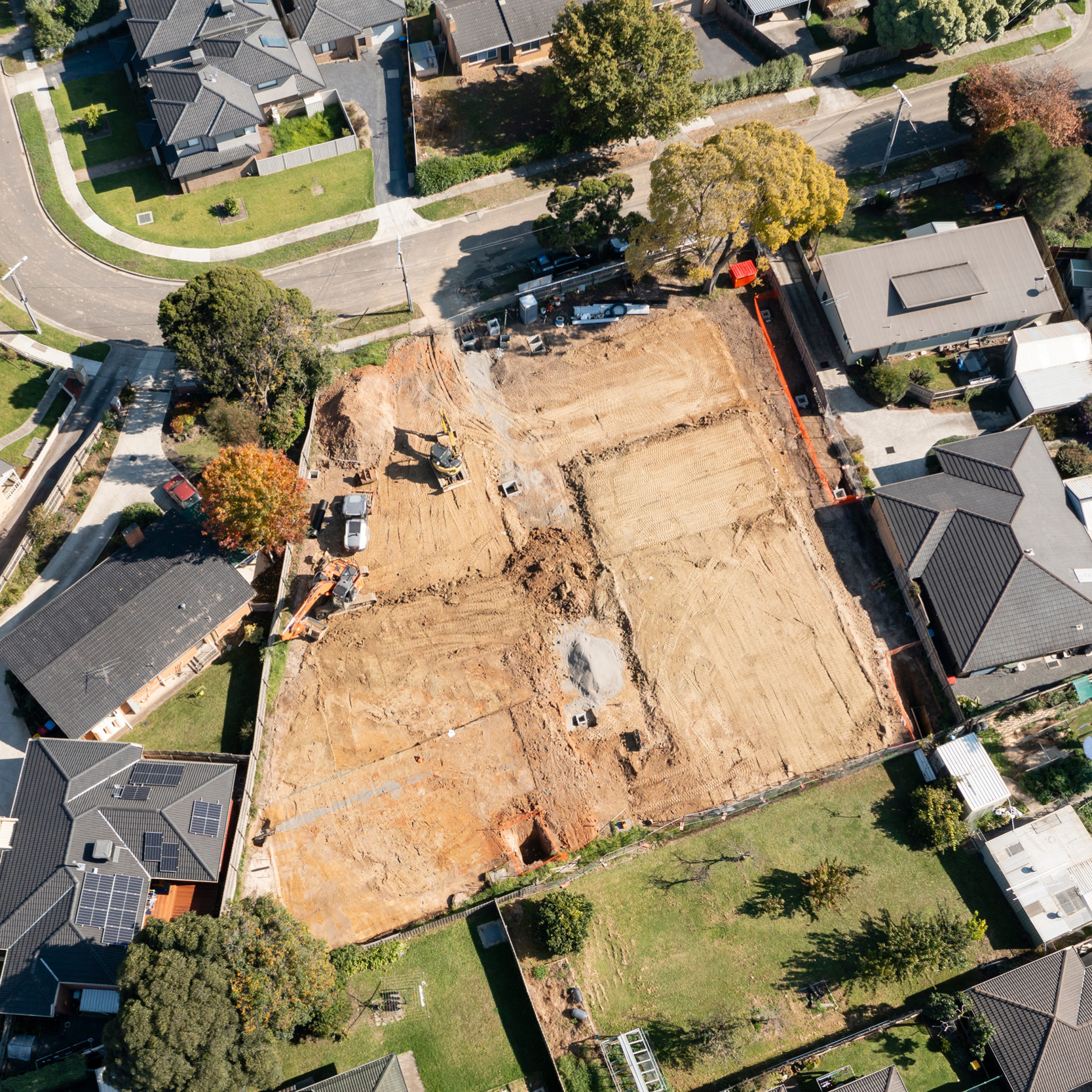Taking the politics out of planning: Victorian Government's 'planning takeover' proposes to bypass local councils and third party appeals to fast-track housing supply in Melbourne
In response to the ongoing housing crisis, federal and state governments have committed to fast-track developments in an attempt to meet ambitious housing supply targets.
In brief
In response to the ongoing housing crisis, federal and state governments have committed to fast-track developments in an attempt to meet ambitious housing supply targets. Reported plans of the Victorian Government's 'planning takeover' due to be announced next month offer several solutions, such as bypassing third party appeals, removing council approval rights and implementing affordable housing quotas, to streamline the planning system in Victoria and accelerate medium density developments in established suburbs.
Earlier this month, the Australian Government allocated $3.5 billion for the construction of 1.2 million additional homes across Australia over the next five years in a bid to address the housing supply issue. Similarly, the Victorian Government is due to announce a plan next month to implement a major overhaul of the Victorian planning system to reach their goal of constructing 1 million homes in established suburbs by 2050. In anticipation of next month's announcement, Premier Daniel Andrews has suggested that the government will impose significant policy changes to bypass local democracy and streamline the planning process for medium and high density developments at the expense of local councillors and resident objectors. While this presents promising opportunities for developers looking to construct multi-storey developments in prime locations around Melbourne, it is unclear what the increased centralisation of planning powers will look like in practice.
Under the current planning system in Victoria, the growing sentiment of 'not-in-my-backyard' or 'nimbyism' presents a significant roadblock to the government's ability to accommodate the surging populace. Local councils have been criticised for responding to the concerns of current residents, ignoring the recommendations of their planning officers and forfeiting a prospective approach to accommodate future residents of Melbourne. Accordingly, planning processes are frequently delayed, resulting in lengthy and costly court proceedings at the Victorian Civil and Administrative Tribunal. This has, and will continue to, significantly contribute to the housing supply issue in Victoria.
To tackle the housing crisis, the Victorian Government has made several proposals to reform the planning system. These include removing third party appeal rights for medium density developments that incorporate affordable housing, and reducing the planning approval powers of local councils to streamline the planning process in established suburbs across Greater Melbourne.
However, determining the efficacy of these high level policy changes in creating practical outcomes will depend on the detail. At this preliminary stage, it remains to be seen how the government will administer the proposed policy changes. If the state government gains planning powers, the following points will need to be considered when delivering the finalised strategy:
- what areas of Melbourne will the changes apply to
- what will constitute a 'medium density development' for the scheme
- whether a permit applicant will have an appeal right against the Minister's decisions
- whether the Minister will be bound by the timeframes ordinarily required for a responsible authority to make a decision
- what proportion of affordable housing will developers be required to deliver
- if local councils do not have approval powers, to what extent, if at all, will they remain involved in the planning permit application process.
In short, the projected divestment of planning powers and appeal rights in Victoria presents an opportunity for developers to propose projects where they would ordinarily be struck down by local council or objectors. Further, the Victorian Government's interventionist approach will provide more protection for developers against expensive legal proceedings, provided they are willing and able to integrate affordable housing into their plans, and remove the inefficiencies associated with the current permit application process. Ultimately, the planning system must adapt to appease the growing demand for housing stock and private developers will undoubtedly continue to play an essential role in achieving this goal.


